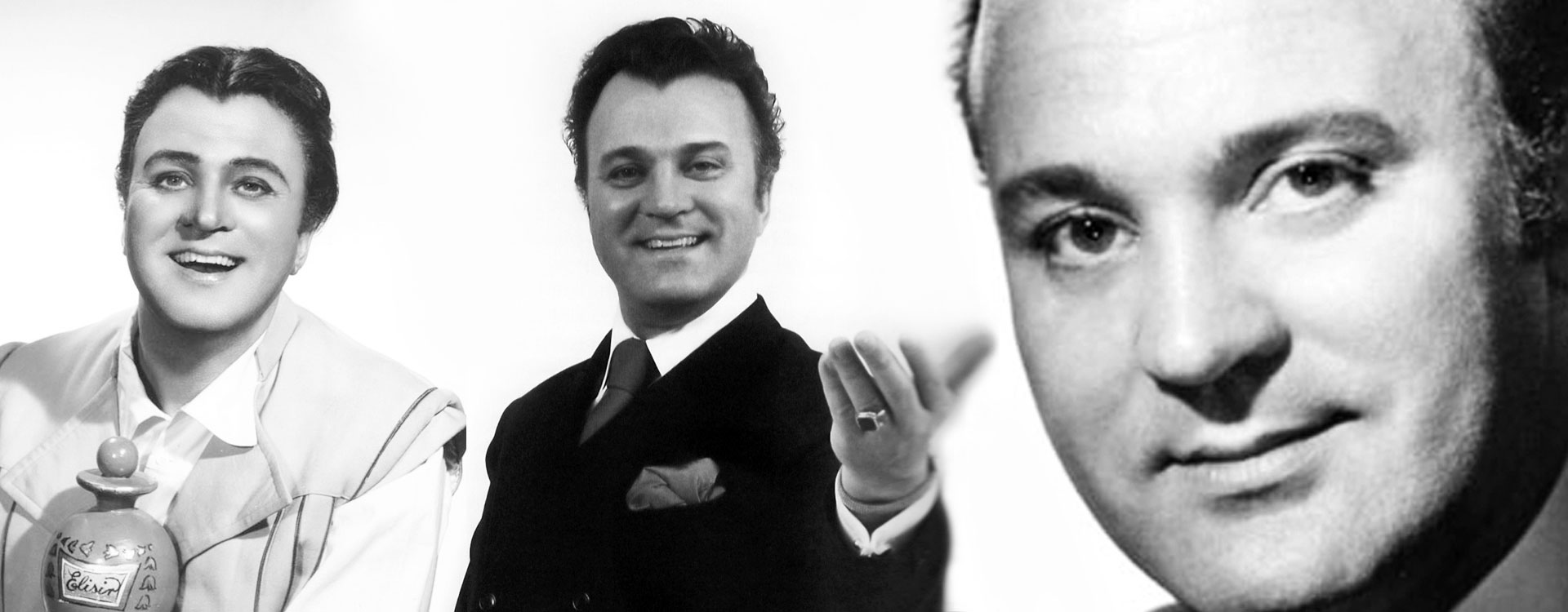
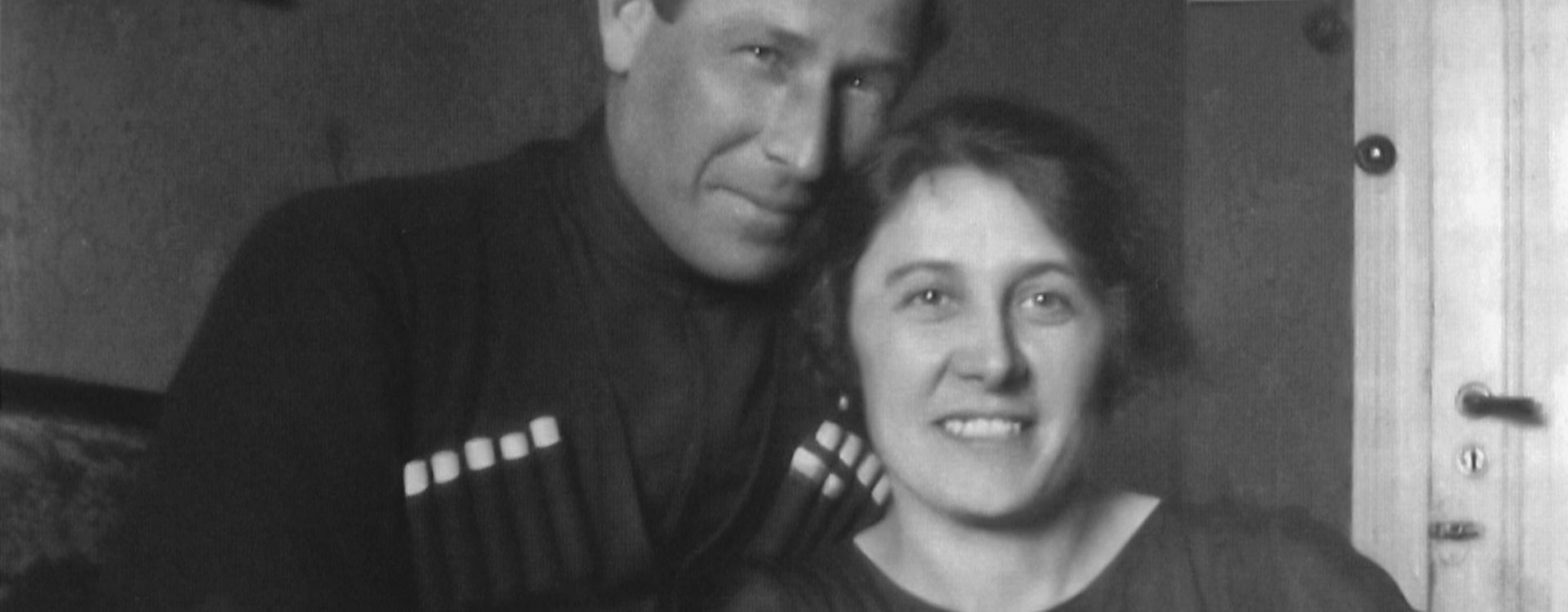
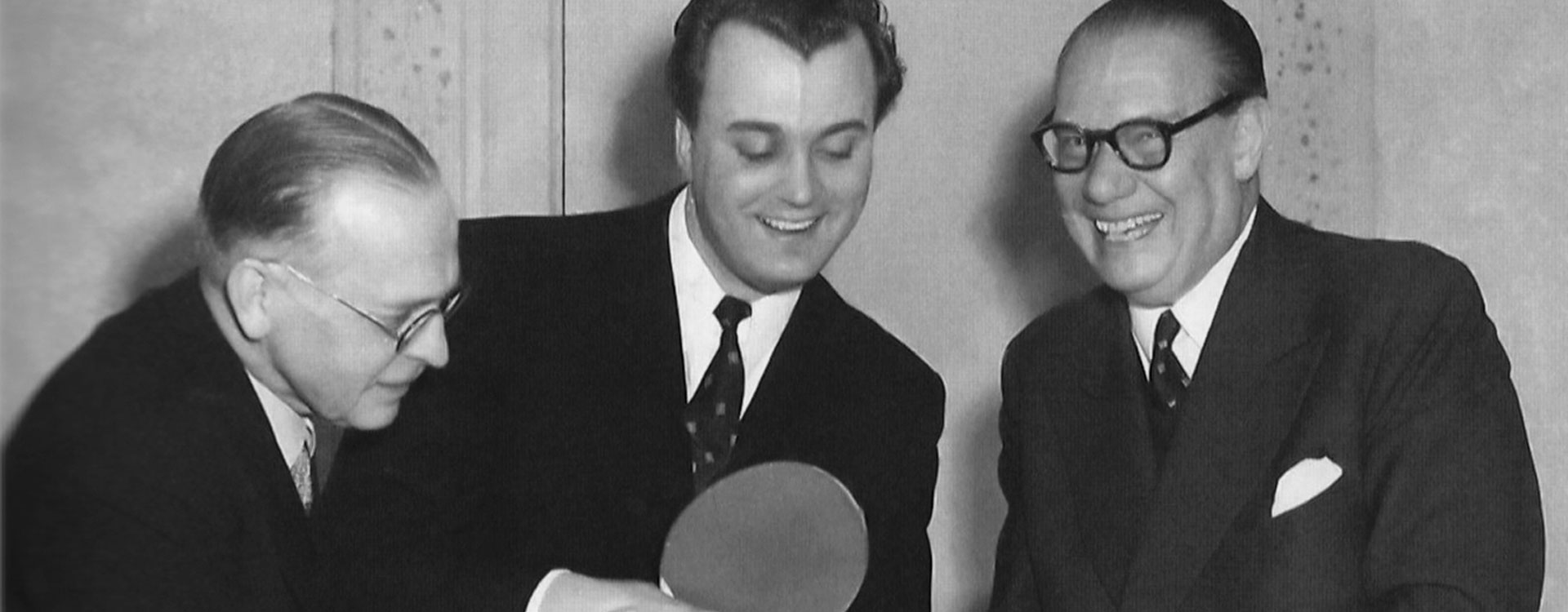
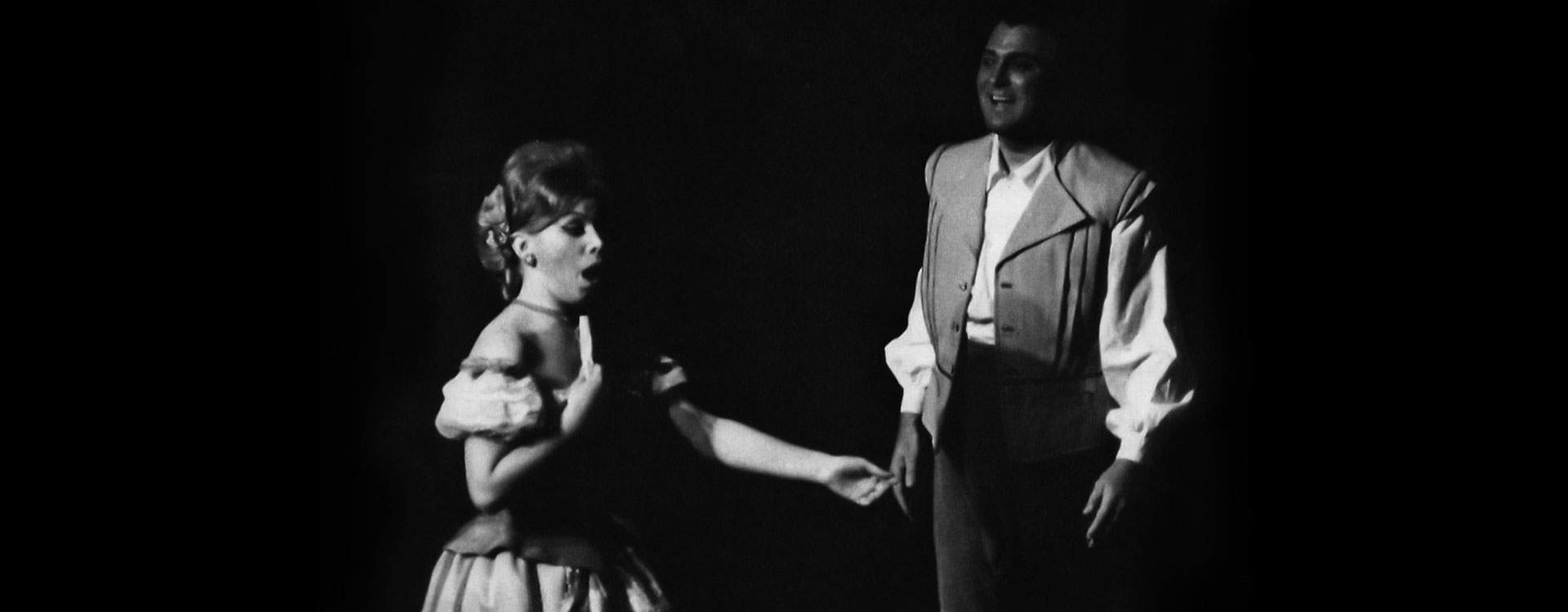
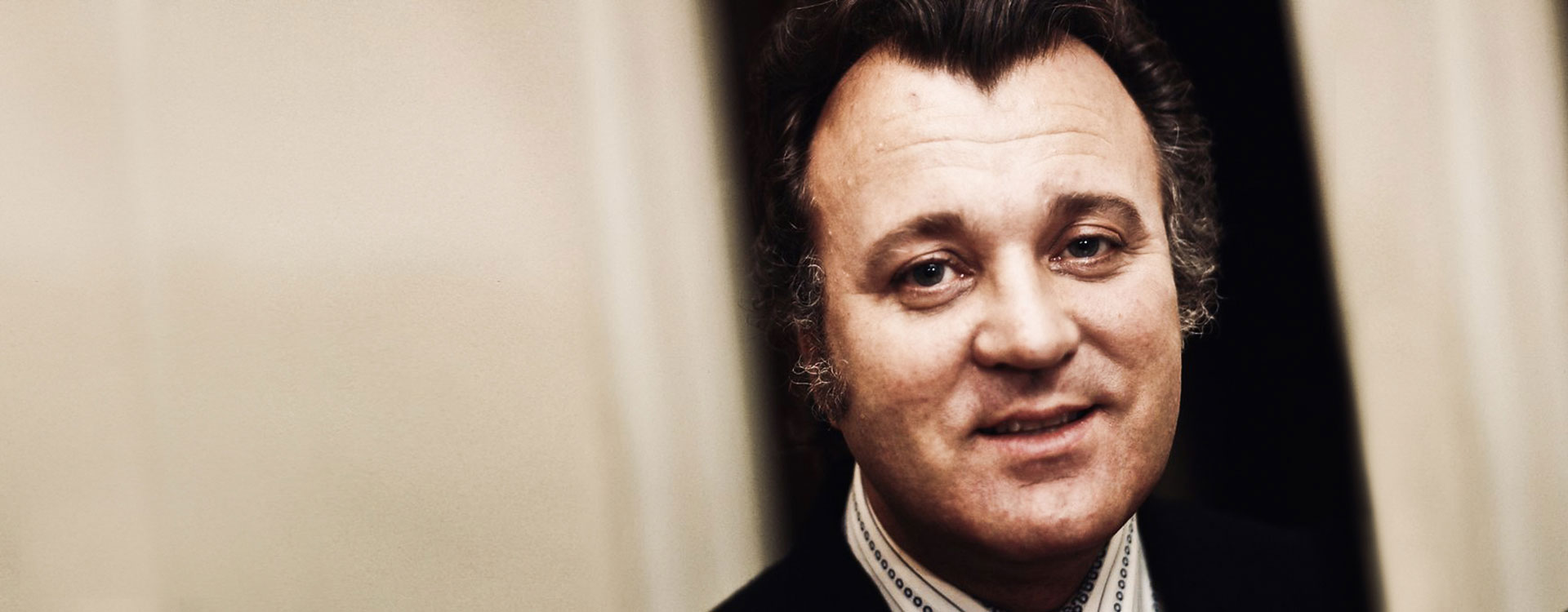
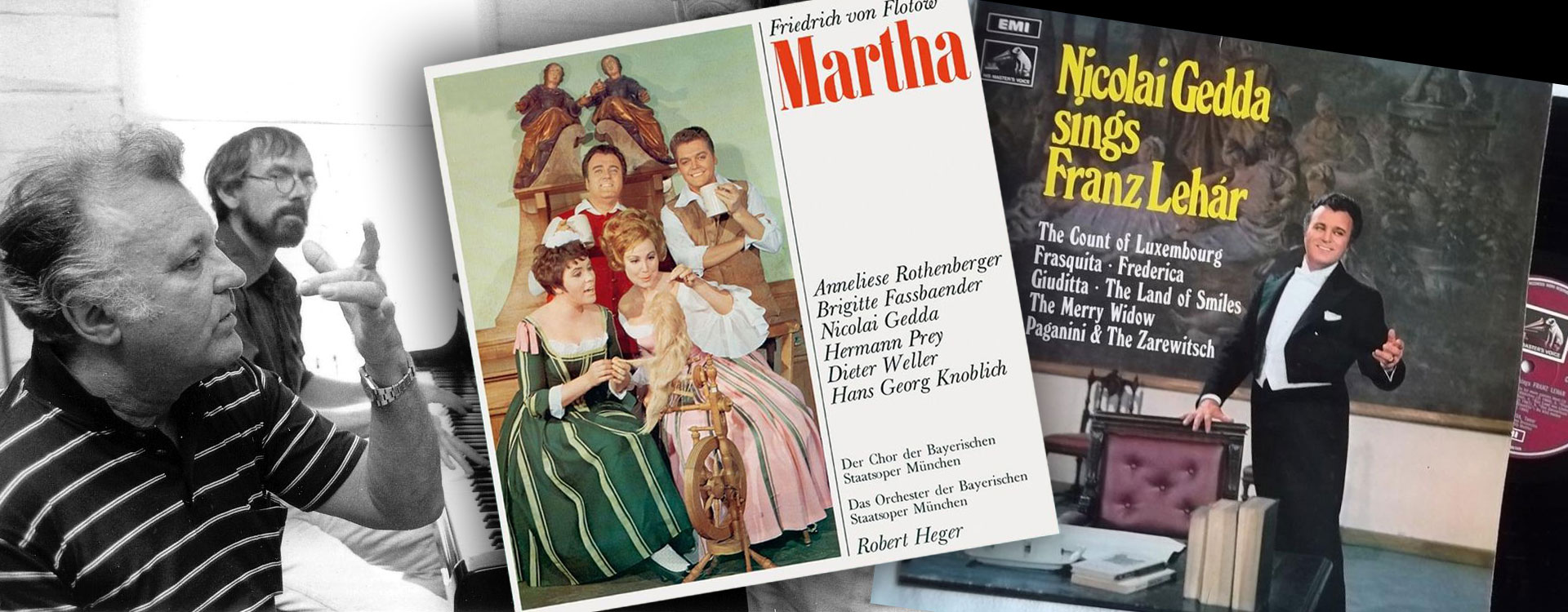
Vocal Perfection
The Tenor Nicolai Gedda
Director: Michael Beyer
Distributor: C Major Entertainment
Length: 52 min.
© 2015, a BFMI co-production with BR/Arte and SVT
Distributor: C Major Entertainment
Length: 52 min.
© 2015, a BFMI co-production with BR/Arte and SVT
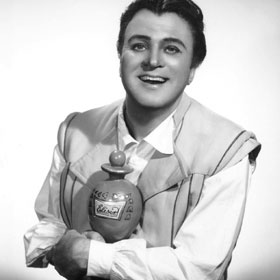
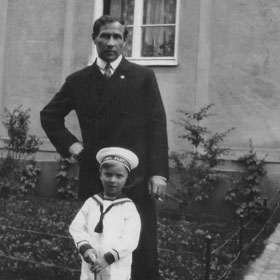
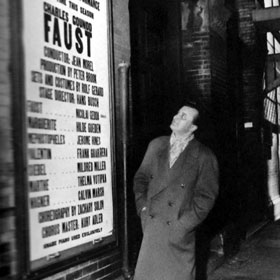
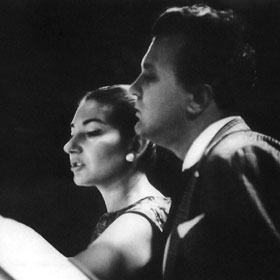
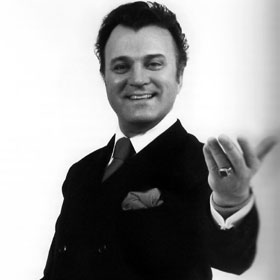
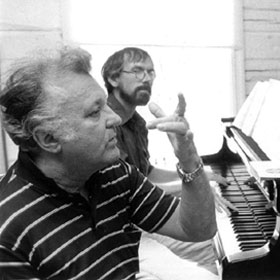
The Swedish-born lyrical tenor Nicolai Gedda is considered one of the greatest tenors of the 20th Century. From the time of his debut in 1952 right through his unprecedented career for half a century, he took the world’s stages by storm and recorded more than 200 albums which made him the most recorded tenor in history.
His crystal-clear, elegant tenor voice with the clarion high notes and a seductive mezza voice remains unforgettable. Throughout his easy three octaves, his voice had an astounding consistency and a timbre of silken beauty, always well supported and confidently delivered. His phenomenal technique made his voice sound like it was all so easy to hit the high D in his challenging lead roles, such as in Aldophe-Charles Adam’s “Le postillon de Longjumeau.”
With his early musical upbringing, he developed a strong ambition to become an opera singer, but unable to come up with the money to fund his studies, he became a bank teller in a local bank in Stockholm. One day a wealthy client overheard him speaking about his aspirations to sing professionally, and offered to pay for his tuition to study with Carl Martin Öhman - a well-known Wagnerian tenor of the late 1920's.
Gedda also studies at the Opera School at the Stockholm Conservatory. Barely two years later Gedda celebrates his debut at the Royal Swedish Opera and got discovered by Walter Legge, the legendary EMI record producer who was in search of a young tenor for a “Boris Godunov” recording. This was just the beginning of an astounding and versatile discography as well as an remarkable stage career. Soon, Herbert van Karajan paved his quick road to Milan’s La Scala, where he debuted as Don Ottavio (Mozart’s Don Giovanni) in 1953, followed by all the great stages world-wide with singer partners including Elisabeth Schwarzkopf, Victoria de Los Angeles, Maria Callas, Joan Sutherland, Mirella Freni, Beverly Sills, Grace Bumbry and so many more.
He has also been profoundly admired for the extraordinary range of his stylistic mastery – benefitting from his fluency in six languages, his impeccable diction and being hardworking, his repertoire took on a very large number of operatic roles and also songs and choral works in Italian, German, French, Russian, English, Norwegian, Finnish, Spanish and Swedish compositions. He has performed considerably more than 100 roles on opera stages throughout Europe and America, from Gluck to Menotti.
His last Lieder recital took place in Vienna 2001 - 2003 and 2004 he still sang smaller opera parts for recordings of “Turandot” and “Idomeneo”. Gedda also enjoyed teaching and passing on his knowledge to a younger generation of singers. Even though the range of his repertory seemed boundless, he chose his roles carefully, rarely straying from the parts that suited his lyrical voice. His great deal of discipline and intelligent role management ensured his career lasted well into his late seventies. His unassuming answer to a journalist’s question on the secret of his success: “I have been diligent, that’s it.”
Contributors:
Edda Moser, Mirella Freni, Brigitte Fassbaender, Kerstin Meyer, Loa Falkman, Clas Ralf, Erland Ros, James Levine, Jürgen Kesting, Gildo DiNunzio. Jonas Kaufmann, Craig Rutenberg, Daniel Behle, Eric Schneider, Wolfgang Gülich, Gisela Storjohann et al.
Edda Moser, Mirella Freni, Brigitte Fassbaender, Kerstin Meyer, Loa Falkman, Clas Ralf, Erland Ros, James Levine, Jürgen Kesting, Gildo DiNunzio. Jonas Kaufmann, Craig Rutenberg, Daniel Behle, Eric Schneider, Wolfgang Gülich, Gisela Storjohann et al.